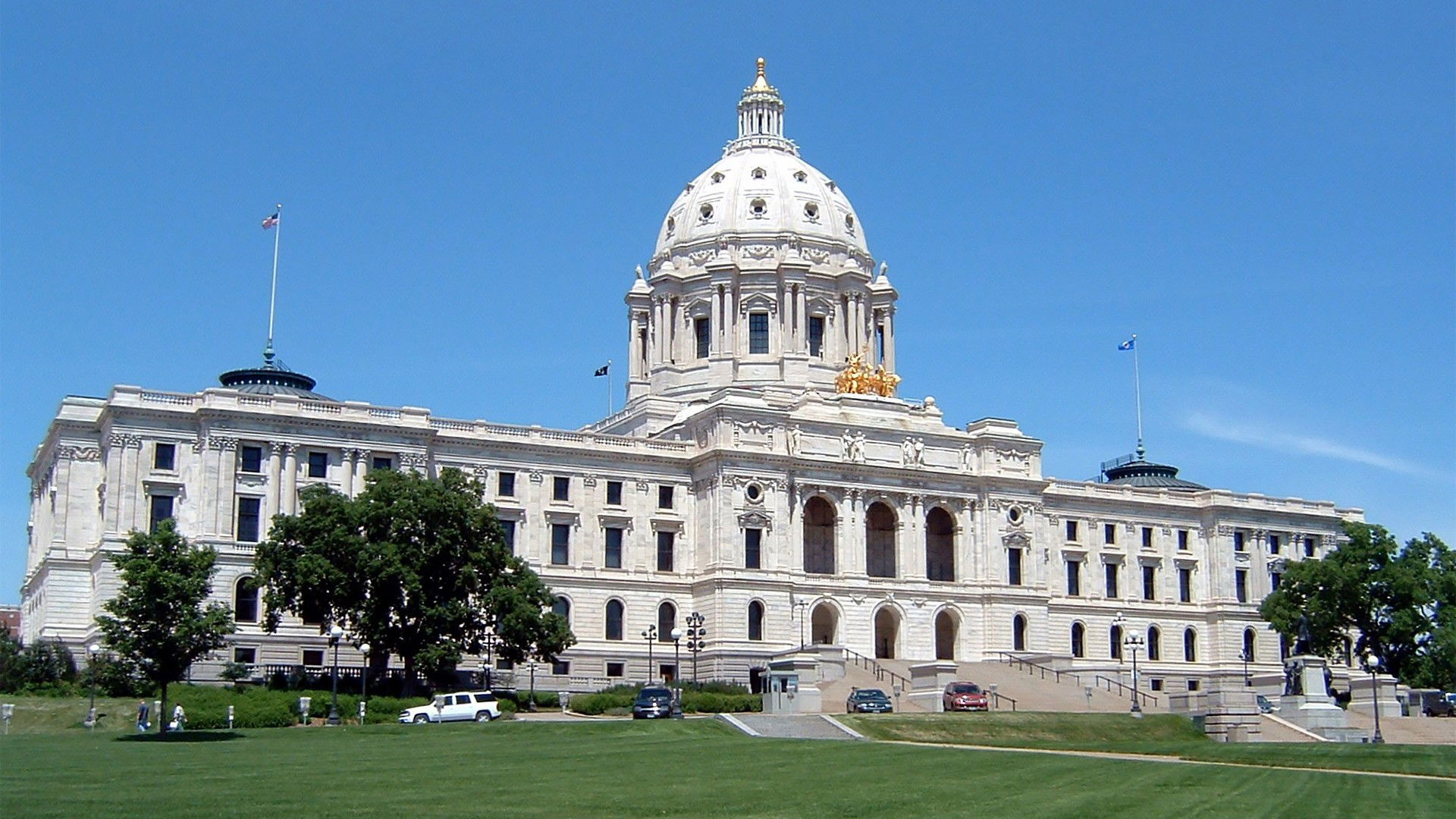Minnesota sports betting legislation gains ground with revised tax agreement

The prospects of Minnesota legalizing sports betting saw significant improvement on Tuesday as political supporters reached a compromise with a major opponent of the proposed bill.
According to the House author, the negotiated deal has increased the likelihood of the bill passing through the divided legislature to better than even odds, FOX 9 reported.
Under a 2023 law, electronic pull tabs are set to be phased out next year, eliminating the open-all option due to concerns raised by tribal casinos, which argued that it made the games too similar to slot machines. Now, the same tribes are advocating for the state to authorize sports betting at their casinos.
However, charitable gaming groups, which receive a substantial portion of their revenue from pull tabs, had been lobbying against the bill until Tuesday.
"We're still trying to figure out how do you arrange the pieces of the puzzle in such a way that everyone can live with it. We're making good progress. This is a big step in the right direction. We're nowhere near done," Rep. Zack Stephenson, DFL-Coon Rapids, was quoted as saying in the report.
In an effort to address concerns and garner support, the House and Senate have agreed to raise the tax on sports betting from 10% to 20%. Additionally, Representative Stephenson negotiated a deal to provide a tax cut to charitable gaming organizations to offset any potential losses from the phasing out of electronic pull tabs.
"Every dollar you spend on pull tabs at a bar right now, more money is going to the state in the form of taxes than is going to supporting youth hockey or veterans services or what have you," he said, as per the report.
Despite these developments, there remain obstacles to the bill's passage. Some legislators from both parties remain opposed to any expansion of gambling, while the state's racetracks continue to oppose the bill as well.
Taro Ito, CEO of Running Aces, expressed concern that the bill would exclude racetracks from offering sports betting, despite their longstanding involvement in the industry. However, the Senate bill proposes allocating 5% of the state's tax revenue from sports betting to racetracks.
"Racetracks must be compensated fairly to make up for a loss of business from tribal-only sports betting," he said.
Representative Stephenson acknowledged the challenges ahead but emphasized the importance of bipartisan support in overcoming them. The new House bill is set to undergo a hearing on Thursday, marking the next step in the legislative process.














































